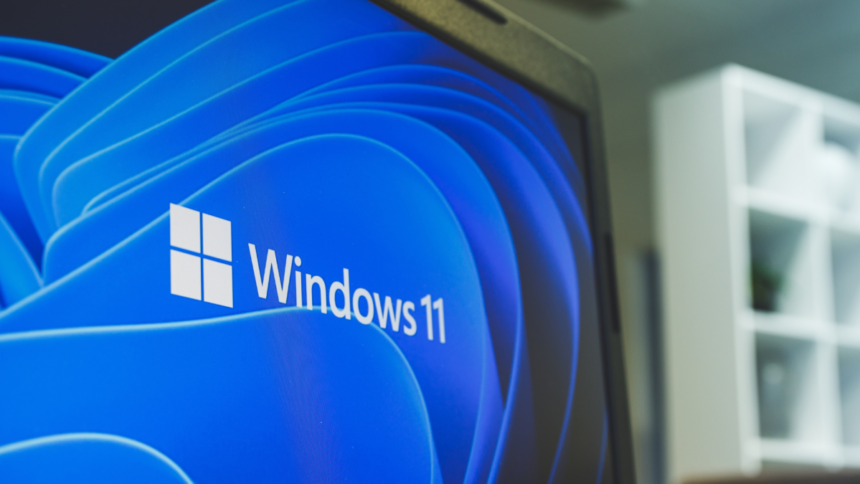Attention PC Builders: Windows Installation Woes
Congratulations on assembling your new computer! There’s truly an unparalleled satisfaction that accompanies powering it on for the first time, witnessing it boot up successfully, and feeling a wave of relief wash over you, confirming that you’ve successfully completed the build without having to spend hours diagnosing any issues. However, there’s a twist—if you installed Windows on your machine during the months of October or November, your work might not be fully complete just yet.
Recent updates from Microsoft’s official page on known issues indicate that copies of Windows installed via USB or DVD with the updates from October 2024 and November 2024 have encountered a significant bug. This issue could hinder your system from receiving essential future security updates, which are crucial for protecting against viruses and exploits. Fortunately, there is a solution, though it entails some effort on your part.
To resolve the issue, you must reinstall Windows using fresh installation media that includes the December 2024 update. This can be achieved by visiting the Microsoft Windows 11 download portal, scrolling to the section labeled Create Windows 11 Installation Media, and running the mediacreationtool.exe. The procedure is simple, albeit somewhat tedious.
On a brighter note, the company is actively seeking a more convenient resolution, aiming to eliminate the need for such reinstallation steps in the future. However, regarding the urgency of security updates, addressing these issues promptly is always advisable.
For those who obtained Windows 11 through the Windows Update feature or via the Microsoft Update Catalog, there is no need for concern. This complication is exclusively affecting users who utilized physical media for the October and November updates, a situation often encountered by IT professionals and certain computer builders.
This issue is part of an existing list of concerns associated with the Windows 11 24H2 update, which also encompasses challenges related to particular audio devices, Outlook, and even certain Ubisoft video games.












